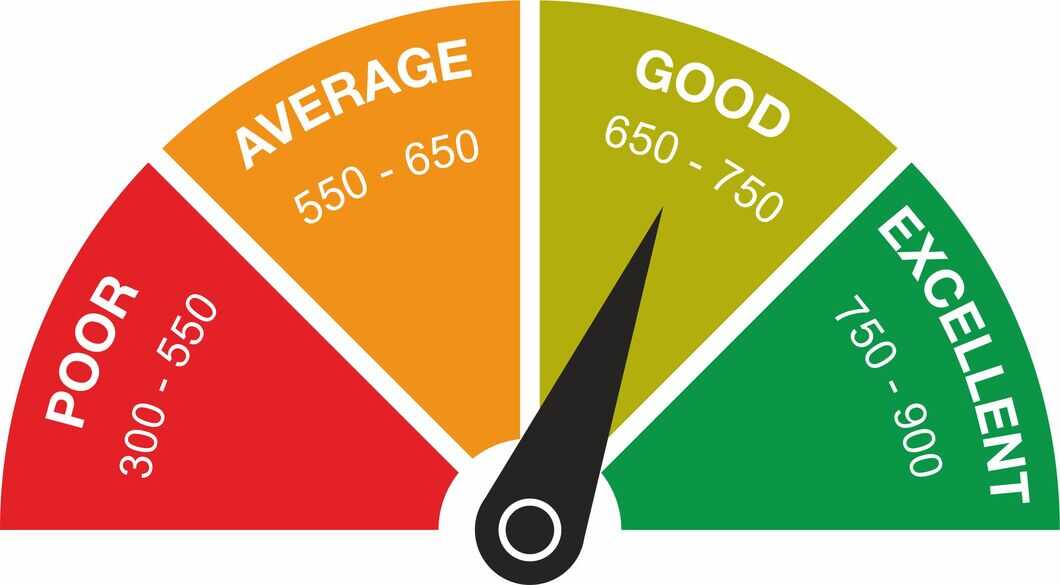
Introduction
Your credit score is more than just a number — it’s a gateway to achieving financial security, unlocking opportunities, and living a more fulfilling life. Whether you’re looking to buy your first home, get a better car, or simply take control of your financial future, a higher credit score can make all the difference.
Improving your credit score empowers you to live without financial stress and gives you the freedom to make choices that enrich your life. This guide will take you through 10 proven strategies to boost your credit score, so you can start leading the life you deserve in 2024 and beyond.
1. Start by Checking Your Credit Report
The first step toward improving your credit score is understanding where you currently stand. You can request a free copy of your credit report from all three major credit bureaus (Equifax, Experian, and TransUnion). Look out for any errors, outdated information, or accounts that don’t belong to you, as these mistakes could be dragging your score down.
- Action Tip: Visit AnnualCreditReport.com to access your credit report for free, and make it a habit to check your report regularly.
2. Dispute Errors and Inaccuracies
Credit report errors are more common than most people realize. If you spot something incorrect, like an account you never opened or an outdated payment history, you can dispute the error with the credit bureau. Resolving these mistakes can quickly improve your score.
- Action Tip: File disputes directly through the credit bureau’s online portal, and follow up to ensure the errors are corrected.
3. Pay Down Outstanding Balances
Carrying high balances on your credit cards can negatively affect your credit utilization ratio — the percentage of your available credit that you’re using. Ideally, your credit utilization should be below 30%, which shows lenders you’re managing your debt responsibly. Paying off balances will reduce this ratio and boost your score.
- Action Tip: Pay more than the minimum on your high-interest credit cards, or consider a balance transfer card with a lower interest rate.
4. Don’t Close Old Credit Accounts
Many people believe closing old credit accounts will help improve their score, but this is a misconception. Closing an account can reduce your credit history length, which is a key factor in your credit score. Instead of closing unused accounts, keep them open and occasionally use them for small purchases to keep the account active.
- Action Tip: Use an old credit card for small, recurring purchases, like a streaming subscription, and pay it off immediately to keep your credit history intact.
5. Set Up Automatic Payment Reminders
One of the most crucial factors in maintaining a good credit score is paying your bills on time. 35% of your credit score is based on your payment history, so missing a payment can have a significant impact. Set up automatic payments or reminders to make sure you never miss a due date.
- Action Tip: Set a calendar reminder a few days before each bill is due, or use autopay to ensure your payments are made on time.
6. Ask for a Credit Limit Increase
If your credit card provider allows it, requesting a credit limit increase can help improve your credit score. With a higher credit limit and the same amount of debt, your credit utilization ratio will decrease, which can give your score a healthy boost.
- Action Tip: Call your credit card company and request a credit limit increase. Just be sure to avoid increasing your spending along with your credit limit.
7. Become an Authorized User
If you have a trusted friend or family member with a solid credit history, you can ask them to add you as an authorized user on their credit card. As an authorized user, their positive credit history will reflect on your credit report, which can help boost your score, even if you don’t use the card.
- Action Tip: Ask someone with excellent credit and a long history of on-time payments if they’d be willing to help you in this way.
8. Diversify Your Credit Mix
A diverse credit mix can positively influence your score. This means having different types of credit — such as a mortgage, car loan, and credit card — instead of relying solely on one type of credit. Lenders like to see that you can responsibly manage different kinds of credit accounts.
- Action Tip: If you have only credit cards, consider taking out a small personal loan or financing a necessary purchase, like a car, to diversify your credit profile.
9. Limit Hard Credit Inquiries
Every time you apply for new credit, a hard inquiry appears on your credit report, which can lower your score temporarily. If you’re shopping around for a loan or a credit card, try to limit your applications and space them out to avoid hurting your credit score.
- Action Tip: Only apply for credit when necessary, and be strategic about the timing of your applications.
10. Be Patient and Consistent
Improving your credit score doesn’t happen overnight. It’s a gradual process that requires patience and consistency. By following the tips in this guide, you can begin to see improvements in your credit score in just a few months. Over time, you’ll unlock better financial opportunities and move closer to the fulfilling life you deserve.
- Action Tip: Set realistic goals for your credit improvement journey, and regularly review your credit report to track your progress.
Conclusion: A Better Credit Score, A More Fulfilling Life
Your credit score is more than just a number; it’s a key that unlocks financial opportunities, personal growth, and ultimately, a more fulfilling life. By following these 10 strategies, you can start building a stronger financial future today.
As your credit score improves, you’ll not only gain access to better financial products and lower interest rates, but you’ll also have the freedom to pursue your goals — whether that means buying a home, starting a business, or simply living without financial stress. Take control of your credit and watch the doors of opportunity open.



